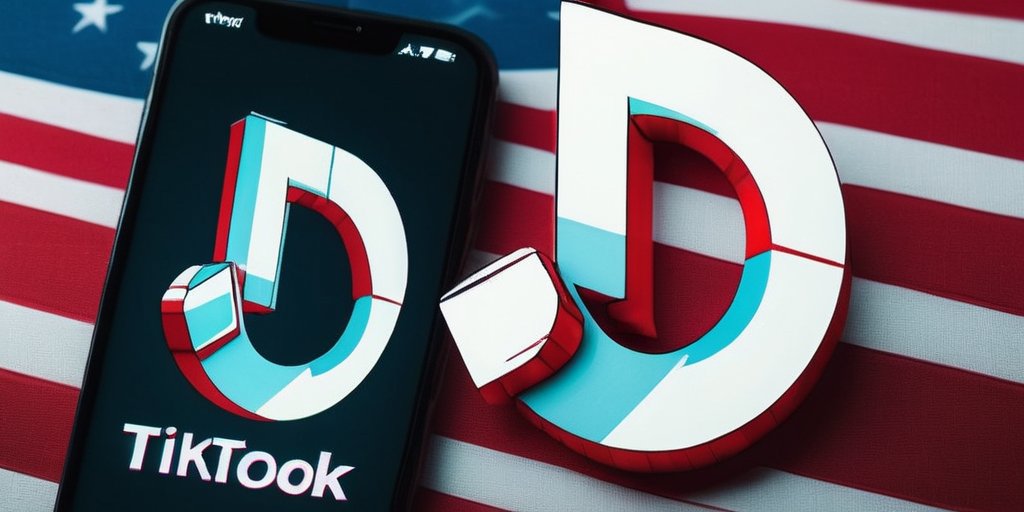Recently, the ongoing saga surrounding TikTok intensifies as the parent company ByteDance faces a deadline to reach a deal to sell the popular social media platform by September 17. This demand follows a series of political pressures in the U.S., fueled by national security concerns regarding user data potentially flowing to the Chinese government. While TikTok has consistently denied these accusations, the U.S. Congress had previously passed a law in April requiring its sale, citing the urgency of protecting user information.
Interestingly, former President Donald Trump, who criticized TikTok during his first term, seems to pivot towards the platform due to its potential role in aiding his anticipated 2024 election campaign. With recent reports suggesting that Trump has arranged a buyer for TikTok, speculation arises whether this entity is the same as the one who showed interest in a previous sale that fell through in April amid tensions between the White House and China over Trump’s tariffs.
The legislation intended to enforce TikTok’s sale is set to take effect on January 19, although Trump has been delaying its enforcement through executive actions. While such moves have sparked criticism from many quarters for sidestepping congressional authority, they clearly reflect Trump’s strategic considerations for engaging with TikTok ahead of the upcoming elections.
Amidst legal challenges, TikTok battled the constitutionality of the forced sale in the Supreme Court but faced setbacks, losing its appeal. This evolving scenario underscores the intricate relationship between politics and social media in today’s digital landscape, particularly as the upcoming elections loom. Trump’s support of TikTok now raises questions about the future of American social media platforms and their ties to foreign influences.
